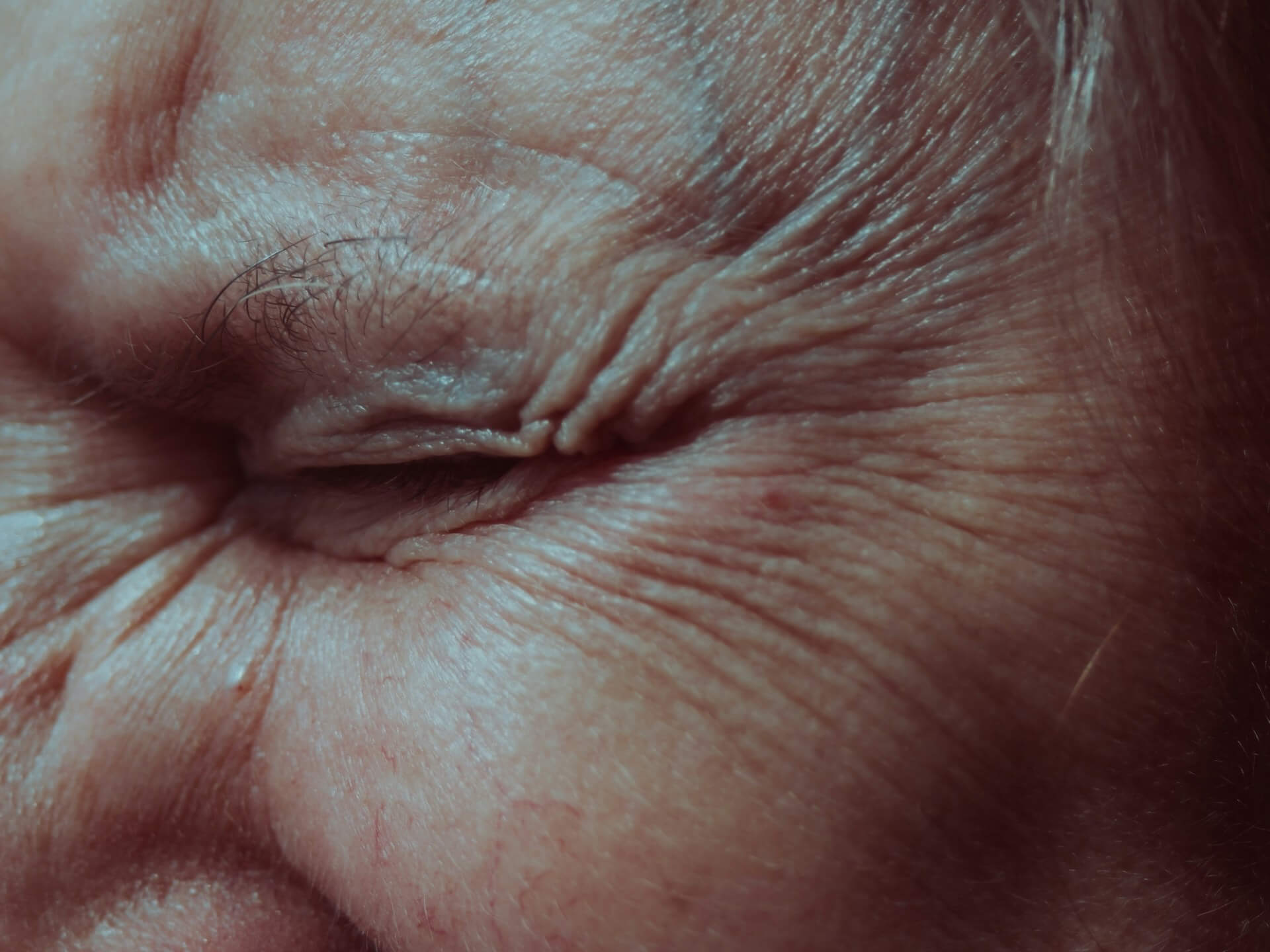Hyaluronic acid is now a staple ingredient in many skincare products and anti-aging regimens—and for good reason. It delivers proven benefits that support youthful, hydrated skin and visibly reduce the signs of aging, such as fine lines and wrinkles. In this comprehensive guide, learn exactly how hyaluronic acid works, why it matters for skin health, and practical advice for maximizing its wrinkle-reducing potential.
Outline
What Is Hyaluronic Acid?
Hyaluronic acid (HA) is a naturally occurring carbohydrate molecule (glycosaminoglycan) present throughout the body, but mainly concentrated in the skin’s connective tissue. It plays a vital role in maintaining skin’s moisture and structure, acting as a sponge that holds up to 1,000 times its weight in water. As skin ages and is exposed to environmental stressors, its HA levels drop, leading to dryness, loss of elasticity, and the formation of wrinkles.
Benefits for Skin Health
Plumping and Hydration
Hyaluronic acid’s ability to attract and retain moisture transforms the skin’s appearance and feel. When HA is used in topical serums or creams, it quickly penetrates the upper skin layers, drawing water from the external environment and deeper layers of the skin. This results in plumper, more hydrated skin and creates a smooth surface that reflects light for a more luminous complexion.
Clinical studies have shown that regular use of topical HA significantly increases skin hydration within just weeks. Participants experience improved elasticity and suppleness, while the skin’s protective barrier is reinforced. Oral HA supplements also contribute to moisture retention, supporting skin from the inside out.
Smooth Texture and Firmness
HA also helps support a smoother and firmer skin texture. By flooding the skin with moisture, it fills out minor depressions and creases, lending the face a tighter, more even appearance. For those with rough, flaky, or dehydrated skin, consistent use of HA improves resilience, clarity, and the skin’s ability to defend against external irritants and pollutants.
Reducing Wrinkles and Fine Lines
How HA Fights Wrinkles
Hyaluronic acid’s plumping effect is the key to its wrinkle-reducing reputation. By restoring hydration and supporting the skin’s barrier, HA significantly softens the appearance of fine lines—particularly those around the eyes, mouth, and forehead. As the skin becomes more hydrated and cells regenerate more efficiently, new wrinkles are less likely to form and deeper lines appear less pronounced.
Advanced research highlights that both topical and oral HA have scientifically backed anti-wrinkle effects. Double-blind, placebo-controlled trials have shown a measurable reduction in wrinkle volume and depth among participants using HA serums or ingesting 120 mg of HA for several weeks. Lower molecular weight HA appears to penetrate deeper, offering more pronounced improvements in wrinkle reduction while also providing anti-inflammatory benefits.
Elasticity and Barrier Repair
By enhancing elasticity and supporting regeneration of skin cells, HA makes the skin more resilient against stretching and everyday movements. Its barrier-strengthening qualities help protect the deeper layers and prevent further moisture loss—a crucial defense against aging and wrinkle formation.
How to Use Hyaluronic Acid
Topical Serums and Creams
-
Apply HA serums to clean, damp skin—water activates HA and allows it to penetrate and deliver maximum hydration.
-
HA pairs well with other anti-aging ingredients like vitamin C, niacinamide, and ceramides, but avoid layering with strong acids or retinol unless directed by a dermatologist.
-
For delicate areas such as the eyes, choose formulations specifically designed for the sensitive eye region to avoid irritation.
Oral Supplements
-
Oral HA supplements may help maintain hydration throughout the skin as part of a broader wellness routine. For noticeable improvements, daily ingestion for periods of 8–12 weeks is typically needed.
-
Always consult a healthcare professional before adding supplements, especially if taking other medications or managing chronic health conditions.
Maintenance and Results
-
Consistency is critical. Most people notice significant improvements in skin hydration, firmness, and wrinkle reduction within four to six weeks of daily use.
-
For maximum effects, combine HA treatments with sun protection, a diet rich in antioxidants, healthy sleep, and regular exercise.
Frequently Asked Questions
Can hyaluronic acid completely erase wrinkles?
HA significantly reduces the appearance of wrinkles by hydrating and plumping the skin, but deep-set lines may not be fully eliminated. It is most effective for fine lines and early signs of aging.
Is daily use of HA safe?
Yes, hyaluronic acid is generally very safe and suitable for most skin types—even sensitive or acne-prone skin.
Is it better to use HA topically or orally?
Both methods offer benefits; topical HA provides immediate surface hydration, while supplements can support the skin systemically. A combination is often ideal for comprehensive skin health.
Does HA work around the eyes?
Yes, but choose products made specifically for use near the eyes to avoid irritation.
How does HA compare with other anti-aging ingredients?
Retinol boosts cell turnover and collagen production, while HA focuses exclusively on hydration and plumping. Together, they make a powerful anti-aging routine.
Conclusion
Hyaluronic acid is a scientific mainstay in skin hydration and anti-aging care. By drawing in and maintaining deep moisture, it plumps skin, increases firmness, strengthens the natural barrier, and visibly reduces wrinkles. For long-term, radiant skin health, integrate hyaluronic acid into your daily regimen alongside sunscreen, balanced nutrition, and other evidence-based skincare strategies. Consistency, smart use, and patience will deliver the fullest benefits and a complexion that feels as good as it looks.
This article is for informational purposes and should not replace professional dermatological advice. For best results, seek recommendations tailored to your individual skin type and needs.

